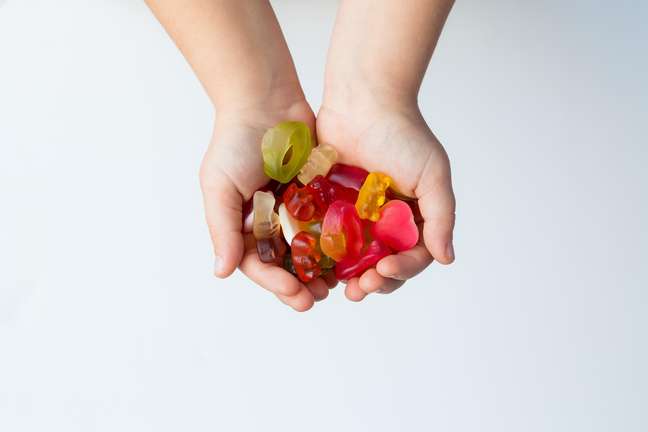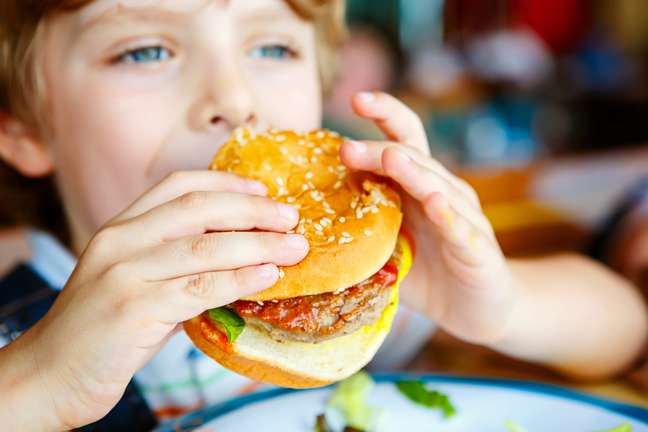The consumption of ultra-processed foods with no nutritional value appears as an important factor in the increase in cases between 2008 and 2021.
According to a compilation by Ficam Sabendo, an agency specializing in access to public information, in collaboration with the magazine piauiBrazil registered 258,874 cases of severe childhood obesity in the year 2021. The analysis was based on the data provided by the Food and Nutritional Surveillance System (Sisvan) of the Ministry of Health.

The numbers refer children between 5 and 10 years, and take into account the body mass index (BMI) of children who have been weighed and measured, and the problem is considered serious when the BMI is greater than 40 kg / m². It is worth mentioning that this data was collected from consultations carried out through the Unified Health System, which mainly reflects the situation of children in a situation of social vulnerability.

Childhood obesity boom
or growing percentage of overweight children was observed in all states of the country, but some indicate a more critical situation, as in the case of Rio Grande do Sul (where 25% of heavy children were obese), followed by Ceará and Rio Grande do Norte (both with 23 %).
Furthermore, it was noted that from 2008 to 2021, the childhood obesity rate grew by 70% – and after the start of the Covid-19 pandemic there was a huge leap. It is important to note that this wave now coexists with hunger that persists among the most vulnerable population. Despite this, it is not a contradiction, on the contrary: being overweight is directly related poor diet, characterized by the consumption of foods with more calories and poor nutritional quality.
To give you an idea, a report published by Unicef at the end of 2021 showed that children of families that are part of the Bolsa Família (replaced by Auxílio Brasil) register a high consumption of ultra-processed foods, generally cheaper and devoid of nutritional value. In half of the families surveyed, children under the age of 6 consume packaged snacks and soft drinks one to three times a week. The same goes for instant noodles, sausage, stuffed cookies, and others.
According to the analysis, the data tends to worsen further in the future, as currently overweight children could become severely obese if their eating habits are not changed. It is important to remember that you keep a a healthy diet and a physical activity routine suitable for all ages directly affect the health of the little ones and will have repercussions later in adult life.
Source: Terra
Benjamin Smith is a fashion journalist and author at Gossipify, known for his coverage of the latest fashion trends and industry insights. He writes about clothing, shoes, accessories, and runway shows, providing in-depth analysis and unique perspectives. He’s respected for his ability to spot emerging designers and trends, and for providing practical fashion advice to readers.








